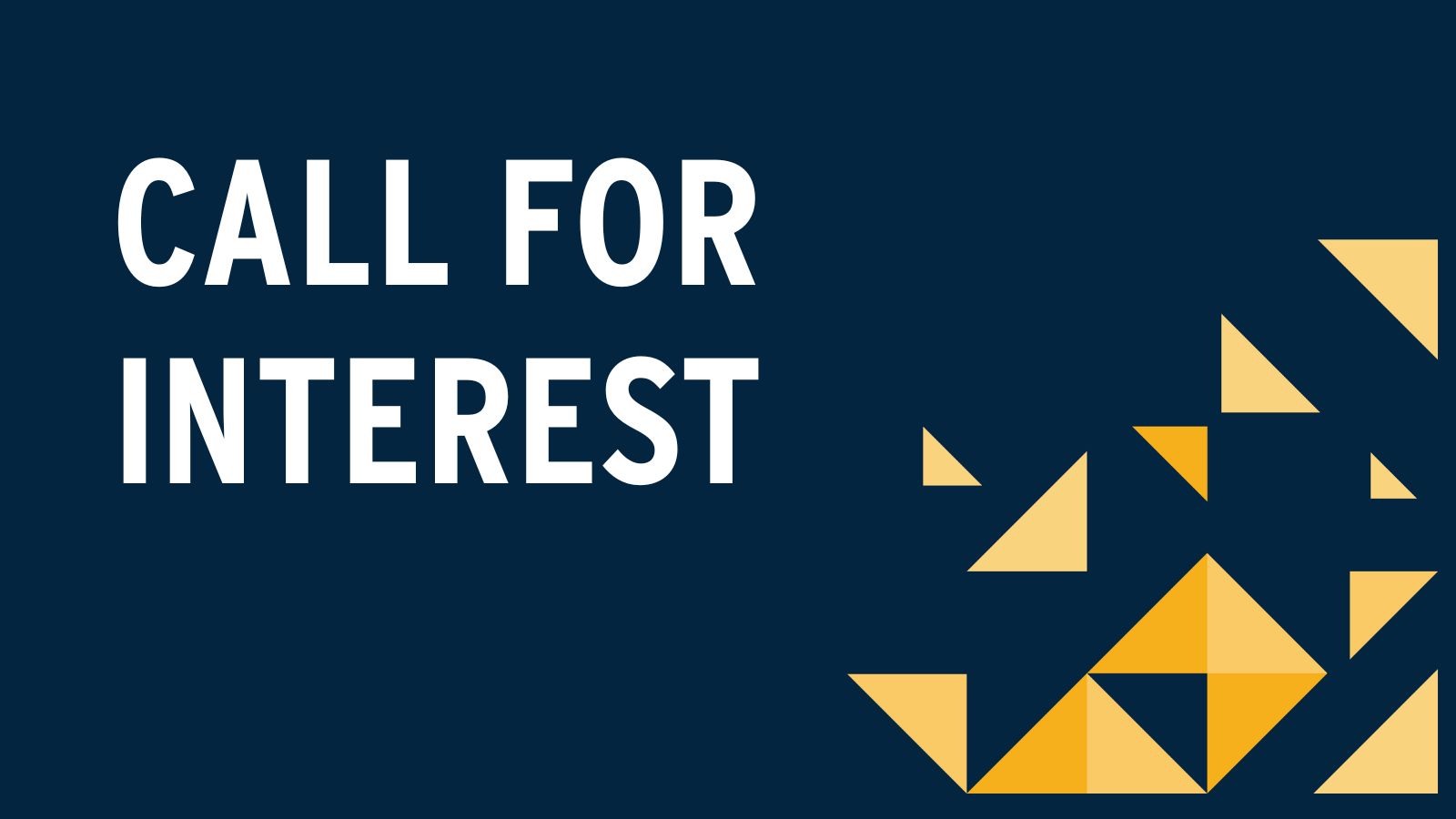Combining psychedelics with therapy to manage mental health
18 May 2021

The COVID-19 pandemic has intensified chronic workplace stress for frontline healthcare workers. Burnout, post-traumatic stress disorder (PTSD) and treatment-resistant depression are rampant — with current treatments often involving the prescription of traditional pharmaceuticals.
But what if there was a more effective way to improve wellbeing?
Dr. Shannon Dames, a professor and researcher based in Nanaimo with Vancouver Island University, believes she has an answer: using mind-manifesting psychedelics alongside therapy.
Enabled by funding through a partnership between MSFHR and the Lotte and John Hecht Memorial Foundation (LJHMF), Dames, along with a multi-disciplinary team of health professionals, is exploring how combining psychedelic medicines with talk therapy can profoundly improve mental health. This groundbreaking, patient-oriented research is focused on ketamine with plans to expand into MDMA, (also known as ecstasy), and psilocybin, an active ingredient in “magic mushrooms”.
“This is another way to manage mental health,” explained Dames, who was a frontline healthcare worker for many years before moving into academia. “It is not about diagnosing people and putting them into boxes that say ‘PSTD’ or ‘depression’. It’s about taking the labels off and navigating from a community standpoint and harnessing mind-manifesting medicines to provide a different way to look at the world.”
Dames’ work is the first of its kind in Canada and represents a paradigm shift in how the health system tackles mental health. The approach builds off a global research movement that is investigating the use of psychedelics for mental health.
Ketamine as a medicine appears in a clear liquid form and is on the World Health Organization’s list of essential medicines. When given at certain doses, ketamine has a fast-acting psychedelic affect, blocking messages sent from nerves to the brain about pain and can cause hallucinogenic effects as well as out-of-body experiences.
Dames initially developed her therapy program, called Roots to Thrive, supported by a 2018 MSFHR Reach award. In its current iteration, participants attend 12 virtual weekly sessions. Now, with the psychedelic medicine component, in the three month-timespan of their weekly gatherings, they gather in person for three additional Ketamine-assisted therapy sessions.
Now a 2020 MSFHR / LJHMF Health Professional-Investigator (HP-I) award will allow Dames to measure the impact of the ketamine-assisted sessions as part of the larger program.
The study will enroll 72 participants and use peer-reviewed diagnostic tools for anxiety. Participants will complete questionnaires three months before entering the program, at the start of the program, at the end of the program, and six months afterwards.
“The key motivation is to see if we can shift ourselves and society at a time when we really need a shift,” said Dames. “We tend to live heavily out of our heads, often ignoring spiritual distress and the trauma, anxiety and depression we experience in our bodies. When we combine resilience training that is evidenced-based and somatically-focused with these mind manifesting medicines, it enables people to experience embodied healing — engaging the full mind-body-spirit in the process. This is how we tackle mental anguish, by creating the conditions necessary to heal from the inside out.”
MSFHR’s HP-I Program helps close the gap between health research and its implementation. HP-I awards support health professionals who are actively involved in patient care to conduct and apply research relevant to health and/or the health system.
Partnership opportunities are now available for the 2021 HP-I competition. MSFHR partners with a number of organizations across sectors to fund research that addresses partner priorities and grows BC’s research talent.





